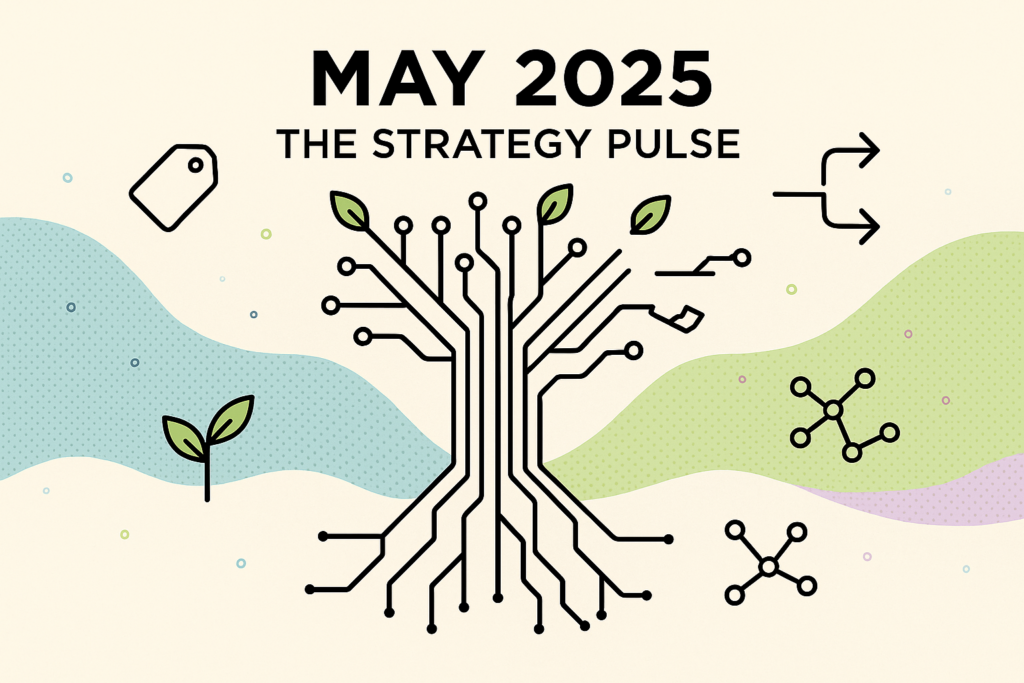
Working at an agency versus client-side
Working at an agency versus client-side
January 13, 2022

At some point in your career, you may find yourself at a crossroads. Both paths stretch out in front of you, and you’re torn as to which route to take. It’s an age-old dilemma: should you be working for an agency or client-side?
Spoiler alert: there’s no right answer. Ultimately, whichever road you end up following, your decision should be based upon your own personal work preferences and the expectations that you have from your career.
When it comes to working at an agency versus client-side, neither is inherently superior to the other. Both paths come with their own unique set of challenges. But by being aware of your strengths and weaknesses you can determine which environment you’d thrive in.
Read on for an in-depth probe into both agency and in-house work.
Working at an agency
Anyone who’s sat through an episode of the Netflix show Emily in Paris will have witnessed a deceptively rose-tinted portrayal of agency life.
If you think that working at an agency consists of boozy mid-week brunches on the Seine and the occasional viral Instagram post, think again.

Working at an agency is hard work. It’s not uncommon to be juggling multiple accounts and working for a number of clients that span many industries. Your client could be a fashion brand one day, and a tech firm the next.
One obvious benefit of this is that it allows you to build a diverse portfolio. Working with many different brands, you’ll have the creative license to make an impact in a range of different fields.
This can be both a blessing and a curse. Great fun when working with your dream client, but when you’re working for a brand you have no interest in? Not so fun. This is something you cannot truly control in an agency setting.
No two days at an agency are alike. If you thrive in an unpredictable and exciting work environment, far removed from the mundane 9-5, then agency life could be for you. Agencies are often incredibly fast-paced and KPI-driven. For those who work well under pressure, it’s the perfect set-up.
Due to the highly specialised nature of an agency, you’ll be able to develop and hone an in-depth knowledge of a particular area in your field. The training at an agency is often unparalleled in this respect.
The company culture of an agency exudes dynamism and energy. You’re surrounded by people in the same sector as you, working on similar projects, but everyone will have different specialisms and strengths, which makes an agency a goldmine of opportunity. Your co-workers are your greatest resource. You’ll be able to bounce off them for creative ideas and learn from them.

If you’re looking for a youthful and exciting work environment, then agency work is the way to go. Many agencies offer their employees great benefits and training schemes, as well as a lively social side.
Chances are, you’ll join an agency at entry-level with a comparably lower salary when held up against in-house starting wages. However, new roles open up pretty frequently at an agency, and so your progression will probably be quicker than if you chose to work client-side. Agencies are increasingly upping their game when it comes to creating attractive job offers. More competitive salaries, incredible benefit packages and training opportunities all tend to come hand-in-hand with a job offer at an agency nowadays.
However, it’s not all sunshine and roses. The culture at an agency is often extremely competitive. And although there tend to be many opportunities for progression, these are highly sought after. You’ll find that many of your colleagues are battling it out for the same promotion as you.
Working at an agency, your boundless creativity is pigeonholed by the needs of any given client. Your creative autonomy is only allowed to flourish so far as it remains within the confines of the client’s expectations. You are expected to adhere to their strict deadlines and respond to their very specific demands.
Working client-side
Agency life definitely isn’t for everyone. And for those who are looking for a different working environment, working client-side represents an attractive alternative.
In a client-side role, you’re working with one brand alone, and thus it becomes your responsibility to truly know your organisation inside out. You’ll come to learn what makes the business tick, and develop a deep understanding of your company, getting under its skin.

If you’re the kind of person who likes to see their projects through from beginning to end, being able to witness first-hand the impact that your work has on an organisation, then working in-house is the best option for you. When you see the positive results of your work up-close, the personal payoff and sense of satisfaction can be huge.
Whilst you’re likely to develop a more niche and specialist knowledge of your particular field in an agency, working client-side gives you the chance to dip your toe into a range of different responsibilities, working on wide-ranging projects.
Depending on the size of the company, in-house culture tends to be more corporate than an agency environment. You’re a small fish in a big pond. At an agency you’re centre stage, as the services you provide are quite literally the product that the agency sells to the client. When working client-side, you’re one cog in a much larger wheel.
One massive perk of working client-side is the stability that comes with it. You receive a stable income, with wages often higher than at an agency, and have a fixed 9-5 work routine. It’s far less common to be working outside of office hours when you’re client-side. It’s also likely that you’ll have a more manageable workload.
However, opportunities for progression in a client-side role arise far less frequently than at an agency. You could find yourself plateauing in your career, as people stay in their roles for longer and thus promotion opportunities are few and far between. If you’re a hyper-ambitious and competitive individual, you could find your career a bit stagnant in a client-side role.
Whilst the social side may offer up less of a buzz than at an agency, working in-house has its own charm. Brands often have a family-like atmosphere, with collaboration being at the forefront. Whilst working at an agency can be more competitive and cutthroat, brands tend to foster a more team-oriented environment, with people working cross-sector to help each other out.

Working in-house, you get a real glimpse into the nuts and bolts of the business. Whilst at an agency you’re often shoehorned into one aspect of a project the client is asking for, at a brand you’re given a panoramic insight into how the business functions through it’s different departments. You’ll be working alongside colleagues in finance or HR, getting a true sense of the organisation and how all of the small pieces of the puzzle fit together seamlessly to form a cohesive whole.
Conclusion
If you’re umming and ahing between these two alternatives, take these factors into consideration in order to make the best decision for you.
Ultimately, if you’re the kind of person who is target-driven, excited by fast-paced unpredictability, thrives under pressure and relishes competition, then an agency could be the perfect fit for you.
On the flipside, if you’re motivated by a fixed routine, a manageable workload, an environment that fosters support and collaboration, as well as the opportunity to see the impact of your work first-hand, then client-side is likely where you belong.
For more career insights and advice, visit our blog.

